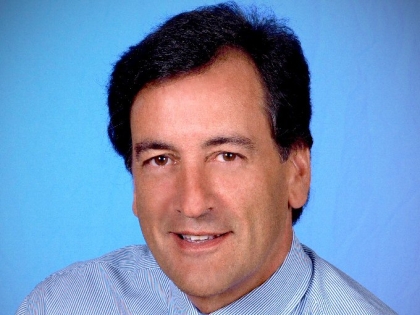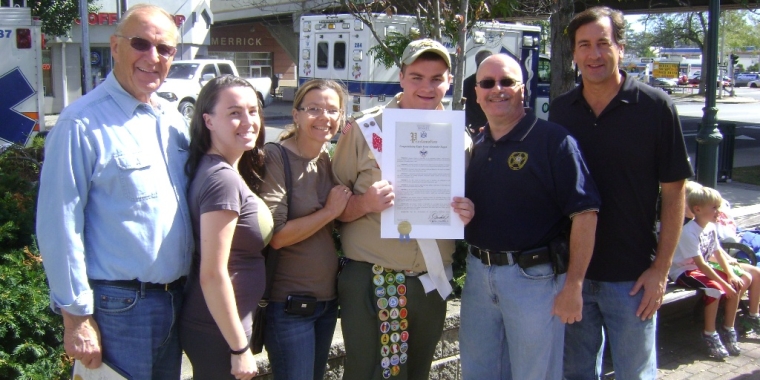
Fuschillo Measure Allowing Amts And Emts To Draw Blood In Dwi Cases Is Approved By State Senate
State Senator Charles J. Fuschillo, Jr. today announced that the State Senate approved legislation (S. 5974) that he sponsors that would allow Advanced Medical Technicians (AMTs) and Emergency Medical Technicians (EMTs) to draw blood from a suspected drunk driver without a physician being present.
Senator Fuschillo (R, Merrick) said, "Too often, drunk drivers who cause a crash escape prosecution due to a technicality, because even though a blood sample was taken from a professional medical technician who takes blood as part of their regular job, a physician was not present to supervise. This legislation would remove that unnecessary restriction and help police and prosecutors to better enforce laws against drunk and drugged driving."
Under current law, a physician must be present whenever blood is withdrawn by an AMT or an EMT in suspected DWI cases. Registered nurses and physician’s assistants may draw blood without the supervision of a physician.
In New York State, there are numerous examples of the ongoing difficulties that law enforcement faces in prosecuting DWI cases under this current state law.
In 2002, 91-year-old double Olympic gold medalist Jack Shea, patriarch of a three-generation Olympic family, was killed in a collision with a drunk driver. No doctor was on duty at the small regional upstate clinic where both men were brought for treatment after the crash. Both the physician’s assistant and the registered nurse on duty were treating Shea, the more severely injured of the two, so when a police officer requested that blood be drawn from the intoxicated driver, an emergency medical technician drew the blood. The driver consented, and his level showed a blood alcohol level of .15.
Because there was no doctor present, ultimately, the district attorney was not able to use the blood as evidence and the charges against the driver were dismissed. The District Attorney appealed the ruling, but the Appellate Court felt compelled to uphold the suppression of evidence due to current law. The Appellate judges, however, called on the Legislature to amend the statute to remedy what they saw as an unnecessary restriction in the law.
A similar situation played out in Nassau County in 2001, when a Nassau County defendant rammed his car into the back of a vehicle stopped at a red light, killing two men and injuring three others. An advanced emergency medical technician withdrew blood from the defendant in the emergency room. The blood sample was deemed inadmissible in court, and the defendant was charged with a lesser crime than the D.A. had sought.
The legislation now goes to the Assembly.
TO SEND AN EMAIL TO SENATOR FUSCHILLO, PLEASE CLICK HERE.
IF YOU WOULD LIKE TO RECEIVE REGULAR UPDATES FROM SENATOR FUSCHILLO, PLEASE CLICK HERE.

